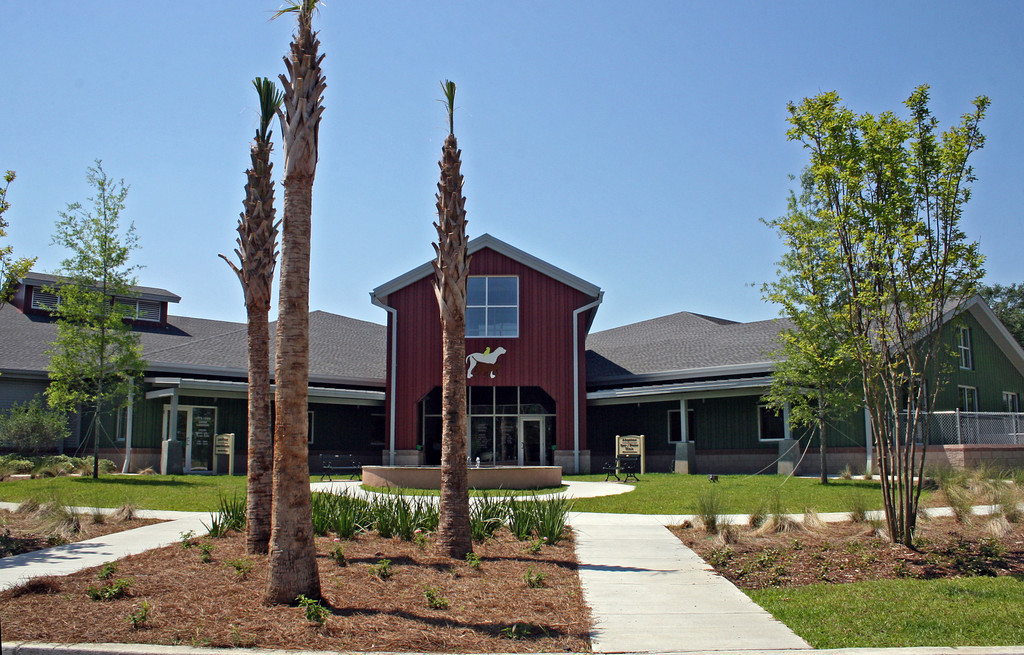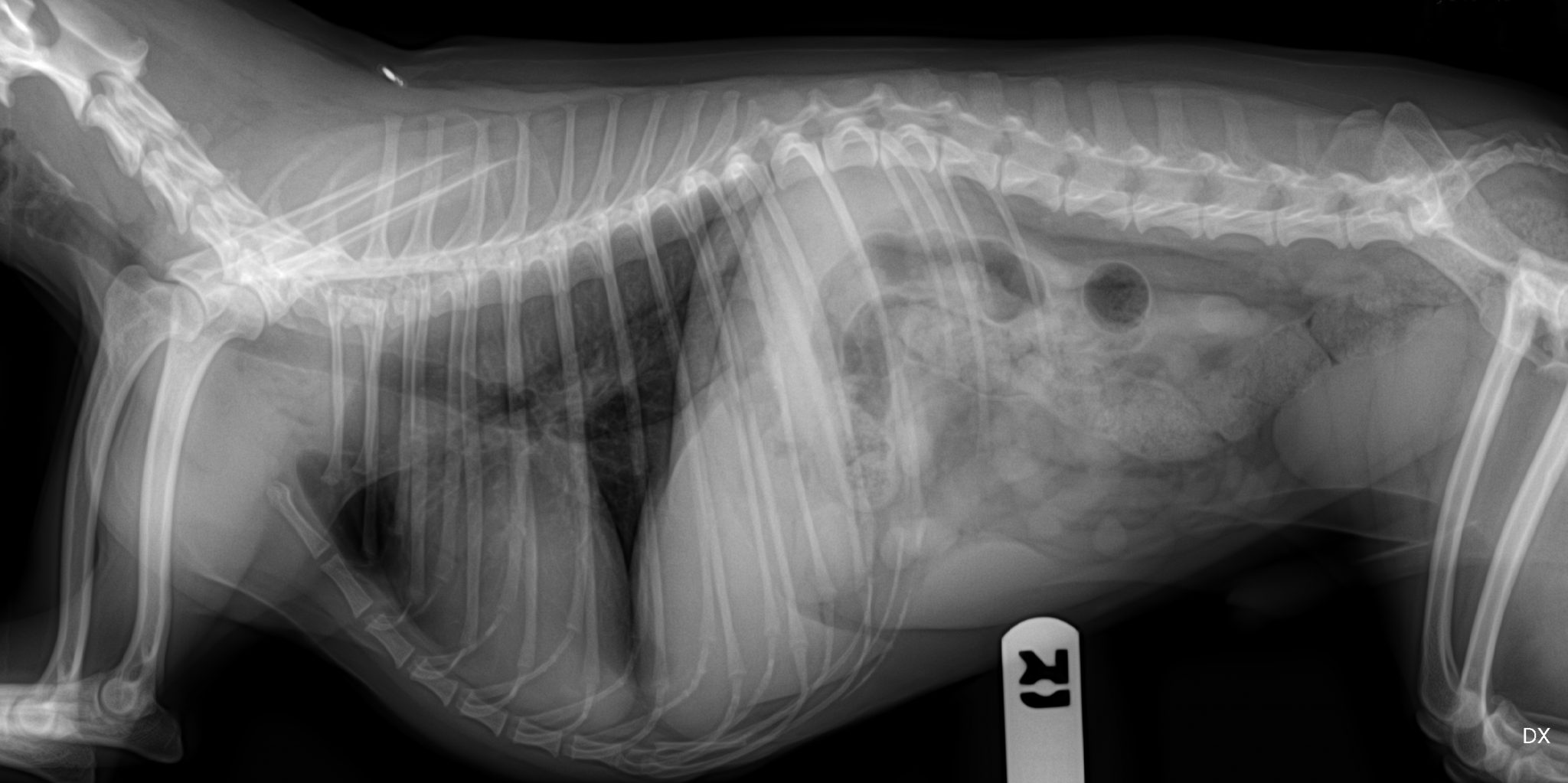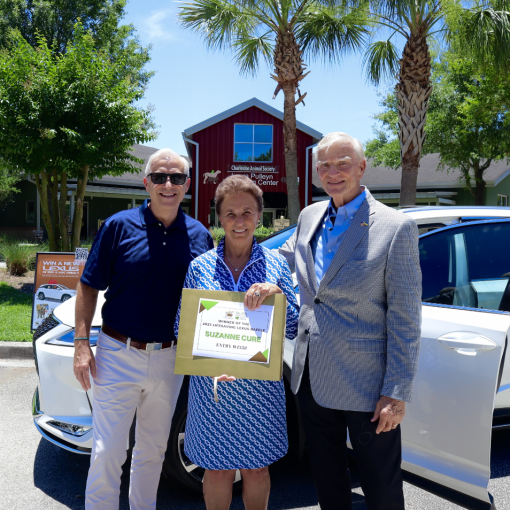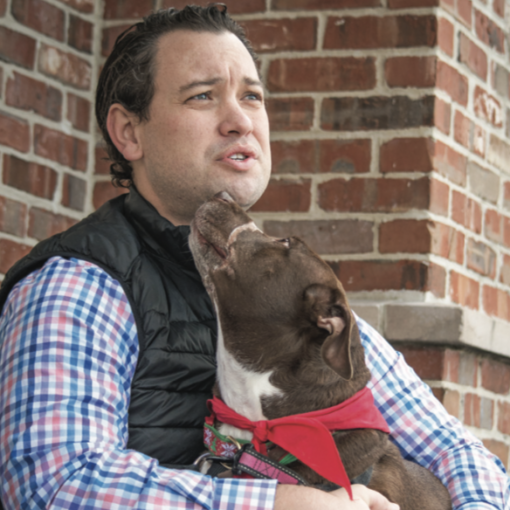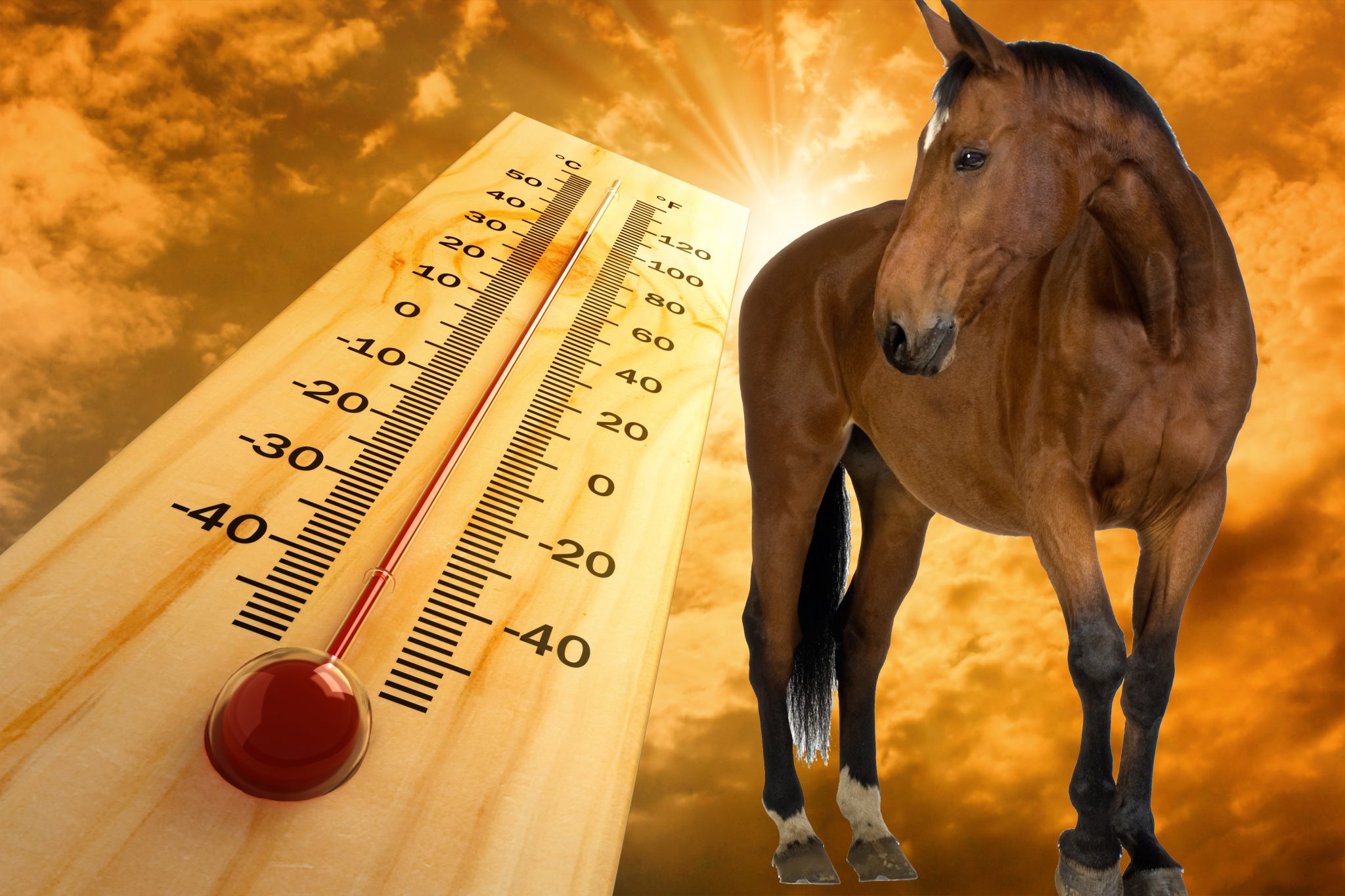by: Teri Errico
Despite Charleston County becoming a No Kill Community, tens of thousands of animals in other areas of South Carolina are dying needlessly due to a lack of sheltering, medical availability and community support. To combat these alarming statistics, Charleston Animal Society is joining forces with five other animal shelters around the state to launch No Kill South Carolina. It is the boldest animal care initiative ever undertaken in the U.S.
Together, these six shelters will act as “Key Resource Centers” working with shelters in their surrounding areas to coach, inspire and train smaller shelters on life-saving strategies. “In the next two years we are looking to help build up capacity at these Key Resource Centers with research-based and data-driven best practices so they can then reach out and support other organizations in their own local communities,” said Abigail Kamleiter, Project Manager for the No Kill South Carolina initiative. “The goal is that no animal welfare organization in South Carolina will be more than an hour’s drive from real help. By working together and supporting one another we can save lives.”
There have been so many who have come together for No Kill South Carolina already—and Charleston Animal Society hopes that number continues to grow, especially for Key Resource Centers—but Petco Foundation especially has had an incredible impact on the initiative with their significant investment as well as their continuous encouragement of other partners to join the cause. Meet five of those partners, South Carolina’s Key Resource Centers!
Charleston Animal Society (Charleston)
Charleston Animal Society led Charleston County to become the first No Kill Community in the Southeast under No Kill Charleston 2015. “We launched this goal in 2012 and thanks to a very supportive community and research-based strategies brought to us by the ASPCA, we reached our goal ahead of time,” said CEO Joe Elmore. “Experts said it couldn’t be done in the South. But we proved the experts wrong, and now we want to accomplish the same success for the entire state of South Carolina.”
Charleston Animal Society spayed and neutered 12,000 animals in 2015 while saving the lives of an additional 8,000 animals. As an open-admission shelter, Charleston Animal Society never turns a Charleston County animal away.
Greenville County Animal Care (Greenville)
Greenville County Animal Care is the largest open admission animal shelter in the state of South Carolina, taking in between 17,000-20,000 animals each year from every municipality in Greenville County and the unincorporated areas of Spartanburg County. “Our facility is capable of housing over 500 dogs and cats on any given day,” said Division Manager, Shelly Simmons, CAWA. “We have a team of over 60 staff, 20 work release inmates, and 125 volunteers that help provide many services to the citizens of Greenville and Spartanburg counties.”
Services GCAC provides include adoption and foster care, volunteer opportunities, humane education, pet retention, pet reclamation, and clinic services, which include spay/neuter, low-cost veterinary care and weekly vaccination clinics.
“As a [Key Resource Center], GCAC will stand shoulder-to-shoulder with other shelter and animal groups within our geographical area to share our resources and successful strategies we’ve already implemented to reduce the number of animals entering shelters while also increasing life-saving opportunities,” Simmons said. “We are excited to join the No Kill South Carolina effort because not only is it in-line with our mission and vision, it’s a commitment that animal organizations need to make to see South Carolina become a leader in animal welfare.”
Humane Society for the Protection of Cruelty to Animals (Columbia)
The Humane Society in Columbia offers a low-cost, high-quality, high-volume spay and neuter clinic. They investigate reports of animal cruelty, abuse and neglect; run a trap, neuter and release program for feral cats, and they provide community education. To best serve the community, the Humane Society has both a fixed-site clinic in Columbia and a mobile clinic that travels throughout the midlands. Last year, they performed more than 8,000 surgeries.
Executive Director Wayne Brennessel said the Humane Society was more than ready and willing to serve as a resource to other animal welfare organizations throughout the state. “If they need help with spay-neuter, if they need us to do surgeries, if they need help with animal investigation of animal cruelty or to do the investigations for them, we will,” he said. “I’m absolutely supportive of anything that will help reduce euthanasia rates around the state.”
Pawmetto Lifeline (Columbia)
Since Pawmetto Lifeline’s inception as Project Pet in 1999, they have held the belief that no healthy or treatable adoptable companion pet should lose his life simply because he is homeless. All of their programs, including their low-cost, high-volume spay/neuter program, educational outreach, and rescue collaboration and adoptions, aim to bring their community and our state closer to a no-kill status. Additionally, the organization has implemented pet retention programs as a way to keep animals from ever entering municipal shelters. Examples of these programs are Sophie’s Good Samaritan Medical Fund, which helps owners get their pets the medical care they need, and their Pet Soup program, which assists families who need help providing their pets with food.
“No one agency or group can single-handedly solve our pet overpopulation and euthanasia problem, but through collaboration, partnership, and communication, we know that it can be done,” said CEO Denise Wilkinson. “We are so proud to provide other options not only to homeless pets in our community but to families who want nothing more than to be able to care for their pets and honor their lifelong commitment.”
City of Columbia Animal Services
The City of Columbia Animal Services Division is responsible for enforcing the City’s animal control ordinance and the humane care and euthanasia of unwanted pets in Columbia and Richland County. “The Southeast seems to have a huge euthanasia issue and it’s important to help folks find outlets for those animals or realize the importance of spay/neuter,” said Superintendent of the Division Marli Drum. Animal Services partners with rescue groups all over town, such as Animal Mission, which spends about $125,000 a year to assist citizens of Columbia and Richland County with free spay/neuter. They also have a program called HEART, a direct partnership with Pawmetto Lifeline, which stands for Help Every Animal Reach Tomorrow. “They actually come in and photograph some of our animals and email them out to rescue groups,” Drum explained.
The shelter’s work is definitely seeing results in decreasing the number of animals that come in. While Animal Services used to get about 14,000 animals a year for their spay/neuter program, they’re down to almost 9,100. This year they predict that number will be closer to 8,000 and Drum is thrilled. Drum said his organization is very excited about No Kill South Carolina, “For us and the state to go forward and try and do something is pretty huge.”
Albrecht Center for Animal Welfare (Aiken)
The SPCA Albrecht Center for Animal Welfare is a No Kill Shelter that serves the entire Central Savannah River Area region. They provide an incredible amount of services to the community, including subsidizing a high-volume/low-cost spay and neuter clinic as well as a veterinary clinic that provides services, products, and procedures at affordable rates. With these efforts, the Albrecht Center is helping thousands of pet owners overcome the challenge of healthcare affordability.
Additionally, the Albrecht Center’s Phideaux University Enrichment and Training Program aims to prevent dogs from being surrendered to shelters for behavioral reasons. As education is important to the organization, they have even implemented a Humane and Character Education Program in some Aiken County schools as part of the monthly curriculum. “We built a new shelter that is inviting and animal-centric to encourage people to visit and adopt,” explained President & CEO Barbara Nellson, “our expertise is in efforts that reduce the homeless pet population that ultimately ends up in the sheltering system.”

